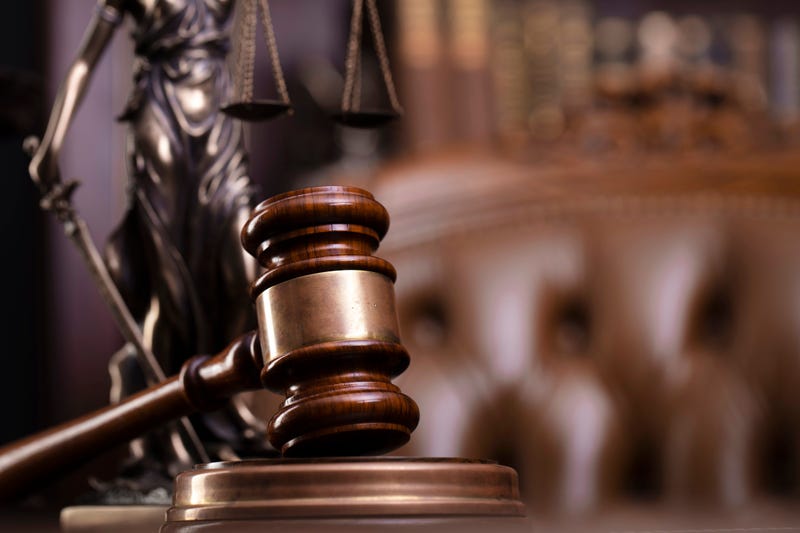
PHILADELPHIA (KYW Newsradio) — The Supreme Court ruled Friday for cities to enforce bans on homeless people sleeping outside in public places. While the ruling was favorable for some cities on the West Coast, it was met with condemnation by some officials and advocates in Philadelphia.
In a statement from Pat Malley, senior staff attorney at Housing Advocacy Project, the ruling “strikes a blow against the creation of safe, affordable housing,” and will worsen homelessness by discouraging cities from finding “humane solutions.”
Philadelphia’s Office of Homeless Services joined HAP in condemning the ruling, which overturned one from a California-based appeals court that found such laws amount to cruel and unusual punishment when shelter space is lacking.
The case is the high court’s most significant ruling on the issue in decades and comes as a rising number of people in the U.S. are without a permanent place to live.
In a 6-3 decision along ideological lines, the high court found that outdoor sleeping bans don’t violate the Eighth Amendment.
Western cities had argued that the ruling made it harder to manage outdoor encampments in public spaces, but homeless advocates, including Philly’s OHS, said punishing people who need a place to sleep would criminalize homelessness.
“... They are human beings who do not deserve to be criminally punished with fines simply for existing,” OHS said.
“The existence of homelessness and lack of appropriate resources is the problem, not the person who sleeps outside because of it.”
According to a Point in Time Count from OHS, last year, more than 700 Philadelphians were reported sleeping on the streets. OHS says that number “swelled to more than 900 during the 2024 PIT Count.”
On May 8, the city cleared out the homeless encampment along Kensington Avenue as part of the Parker administration’s plan to dismantle the open-air drug market in Kensington and make the neighborhood safer.
Officials gave people living in the targeted area 30 days’ notice to dismantle tents and other structures that were blocking the sidewalks. Outreach teams had visited the block every day since that notice to offer much-needed resources. They say at the time of the clear-out, at least 36 people were connected to housing and/or treatment services.
According to the City of Philadelphia, 59 people in total received shelter, care, and/or treatment.
